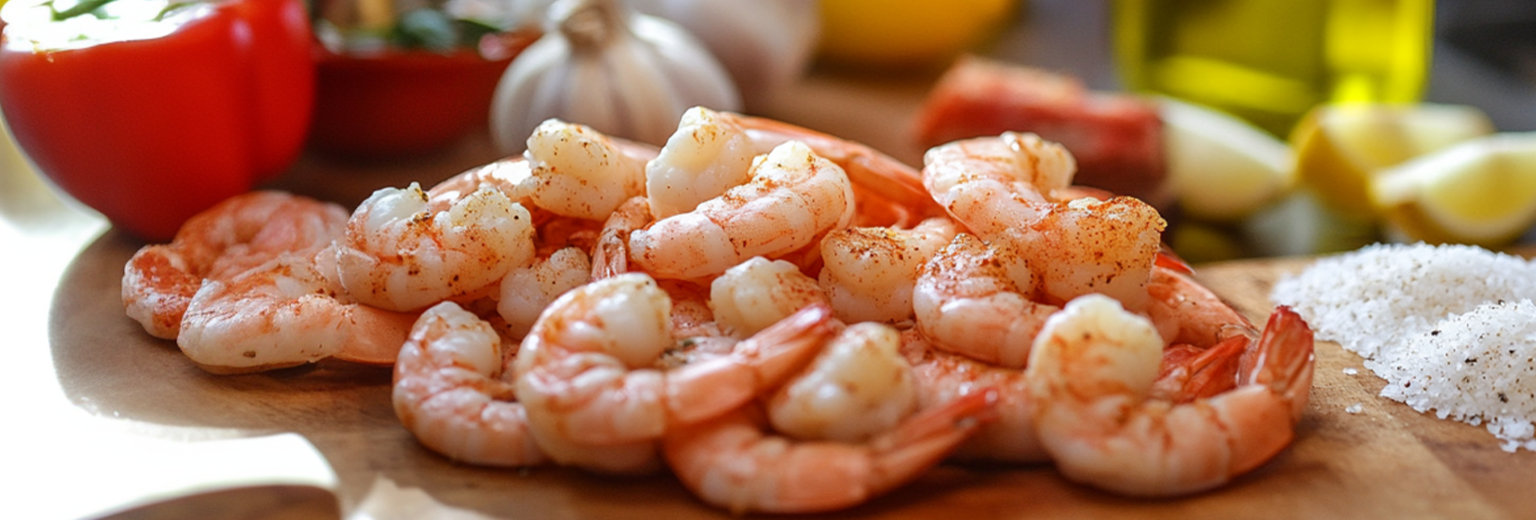
PREPPING
CLEANING
Everyone loves seafood and the incredible taste it brings to any dish, but it can be a hassel to clean it, that’s why, today we’ll give you a small guide to clean your seafood before cooking it.
MARINATING
Marinating can enhance the flavor of fish but leaving it too long can make it mushy or cause the acidity to start cooking it. If you’re following a recipe, stick to the recommended marination time. If you’re experimenting, keep the marination under 30 minutes to be safe.
BRINING
Enhance the appearance of your cooked fish by giving it a quick brine bath. Simply dissolve 2 teaspoons of salt in one cup of water and submerge the fish for 10-15 minutes before cooking. This helps prevent white albumin from oozing out during cooking.
THE HOME CHEF’S TOOLBELT
Hinged Seafood Rack: A wire cage that holds fish to flip it without breakage.
Tongs: The best way to flip smaller fish during cooking.
Seafood Scissors: Use them to trim and cut small fish.
Long Metal Spatula: A great way to flip your fish without it falling apart.
Pliers: The easiest way to pull out any pin bones your fishmonger might have missed.
Fish Poacher with Lid: A specially shaped pot designed to hold a whole fish for poaching.
SOMETHING FISHY ABOUT YOUR SEAFOOD?
Before you start cooking, there are steps you can take to minimize the fishy smell.
- Keep all fish or seafood in its original packaging until you’re ready to cook. This helps maintain freshness and contain odors.
- Place a box of baking soda, activated charcoal, or another odor absorber in your fridge to reduce smells.
When you are ready to cook, try these tips to reduce the fishy smell:
- Rinse the fish with tap water to wash off any trimethylamine (TMA) on the fish’s skin.
- Soak in milk for about 20 minutes, then rinse with cold water. Milk is an effective odor absorber.
- Rub an acidic ingredient like lime, lemon, tomato, or vinegar on the fish. This not only helps with odor but also adds bright flavors.
Why does acid work? Citric acid from lemon juice neutralizes the amines in fish by converting them into non-volatile salts, reducing the airborne odor.
